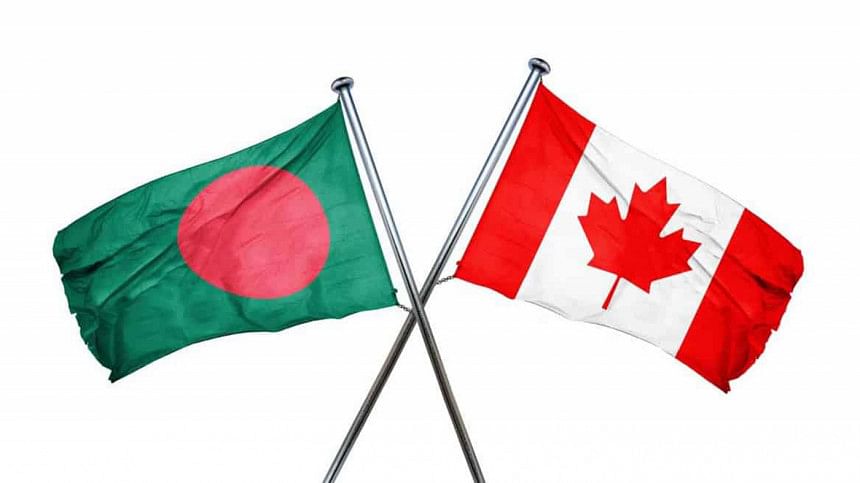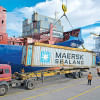Apparel’s duty benefit in Canada to remain intact

Bangladesh's garment exports to Canada may continue to enjoy duty-free trade benefits after the graduation of the country to a developing nation, said a top businessman.
This will make Canada the third country after the United Kingdom and Australia where Bangladesh is set to retain the preferential trade treatment after it graduates from the group of the least-developed countries (LDCs) in 2026.
It comes as the Canadian government is going to extend duty-free market access to developing countries under the General Preferential Tariff (GPT) Plus scheme, also known as GPT Plus.
The current scheme is going to expire at the end of 2024 and Canada is expected to come up with a GPT Plus scheme from January 1, 2025.
Bangladesh has been enjoying duty-free and quota-free access in Canada since 2003 under the Least-Developed Country Tariff (LDCT) scheme. But following the LDC graduation, the trade benefit is set to be eliminated.
This will make Canada the third country after the UK and Australia where Bangladesh is set to retain the preferential trade treatment after LDC graduation
However, with the adoption of the new trade scheme by Canada, Bangladesh will continue to enjoy the duty benefit until the end of the new scheme in 2034, said Faruque Hassan, president of the Bangladesh Garment Manufacturers and Exporters Association (BGMEA).
Canada is one of the major markets for Bangladesh's apparel manufacturers.
In the fiscal year of 2022-23, garment exports to the country reached $1.55 billion, registering a 16.55 percent year-on-year growth compared to 2021-22, data from the Export Promotion Bureau showed.
Apparel items account for more than 95 percent of Bangladesh's exports to the North American nation.
The share of Canada's imports from Bangladesh remains at 13.95 percent, meaning that the South Asian country has a potential to expand the market penetration further, according to the BGMEA.
"With the GPT Plus, we should aim for a bigger pie and focus our efforts and resources on maximising this potential," said Hassan in a WhatsApp message.
According to the website of the Canadian finance department, the new scheme would look to expand product coverage under the GPT programme whereby developing countries that meet and progressively improve their adherence to international labour rights and environmental standards would be eligible for additional tariff benefits beyond what is provided through the GPT programme.
This would take the form of offering tariff benefits to additional products that are currently not subject to the GPT, such as apparel, footwear and ships, which otherwise face most-favoured nation (MFN) tariffs of up to 25 percent.
"The good news is that the Canadian parliament has approved the finance bill where the GPT scheme has been extended till the end of 2034," Hassan said.
The GPT programme currently grants tariff preferences to 106 developing countries, including 49 LDCs. Based on 2019-2021 average figures, Canada imported $332 million annually under GPT preferences, in the absence of which these imports would have been subject to an average MFN tariff of 5 percent, said the finance department's website.
In recent years, Bangladesh has improved workplace safety and is a global champion in green garment factories.
The country has already set up 200 apparel factories certified by the United States Green Building Council. Another 500 more factories are in pipeline to secure the same recognition.
Hassan said the labour standard in Bangladesh has improved.
"So, fulfilling the conditions regarding the environment and labour rights for getting the trade benefit under Canada's new trade scheme will not be a problem for local garment exporters."
"Other countries and trade blocs such as the European Union should also extend the same facility to the graduating LDCs like Bangladesh."

 For all latest news, follow The Daily Star's Google News channel.
For all latest news, follow The Daily Star's Google News channel. 








Comments